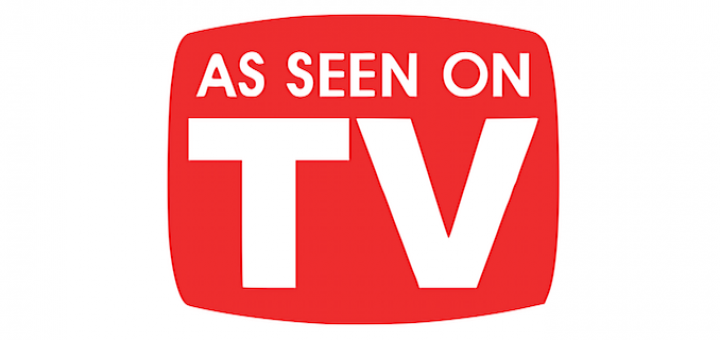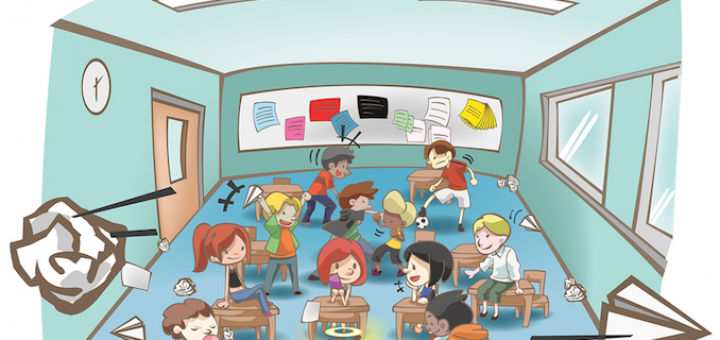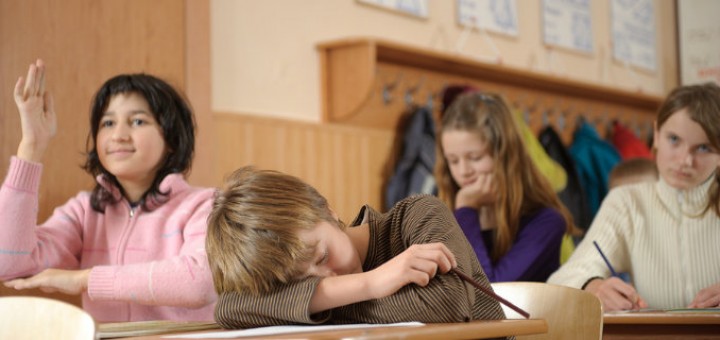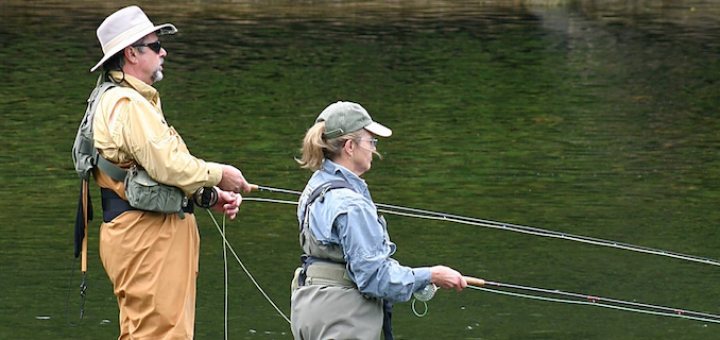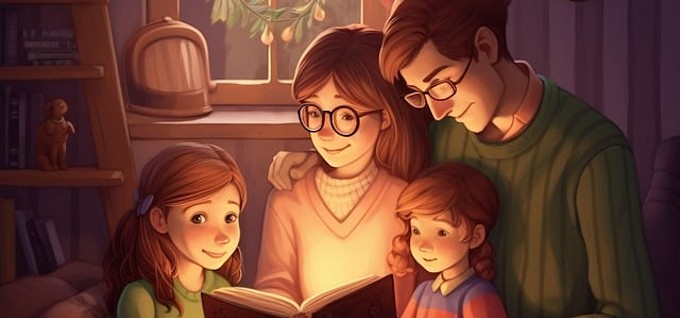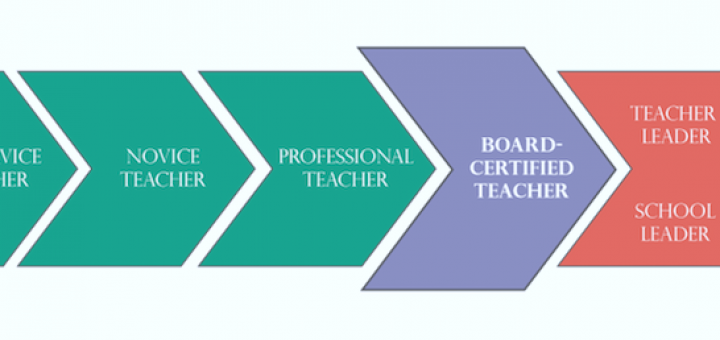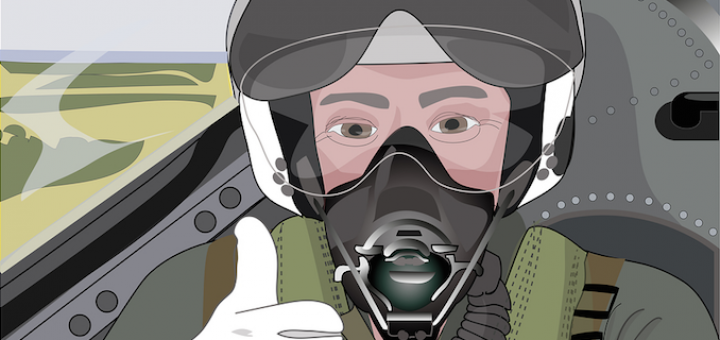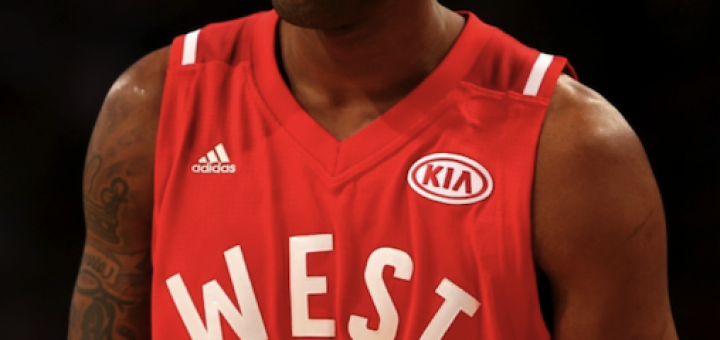Campaign Advertising: The Image Is Everything
If there is one thing that will influence voters more than anything else during Campaign 2016, it is the image. More than ever, what the voters see, not what they hear, has become paramount in getting elected. Frank Baker shares ad techniques students need to know.


